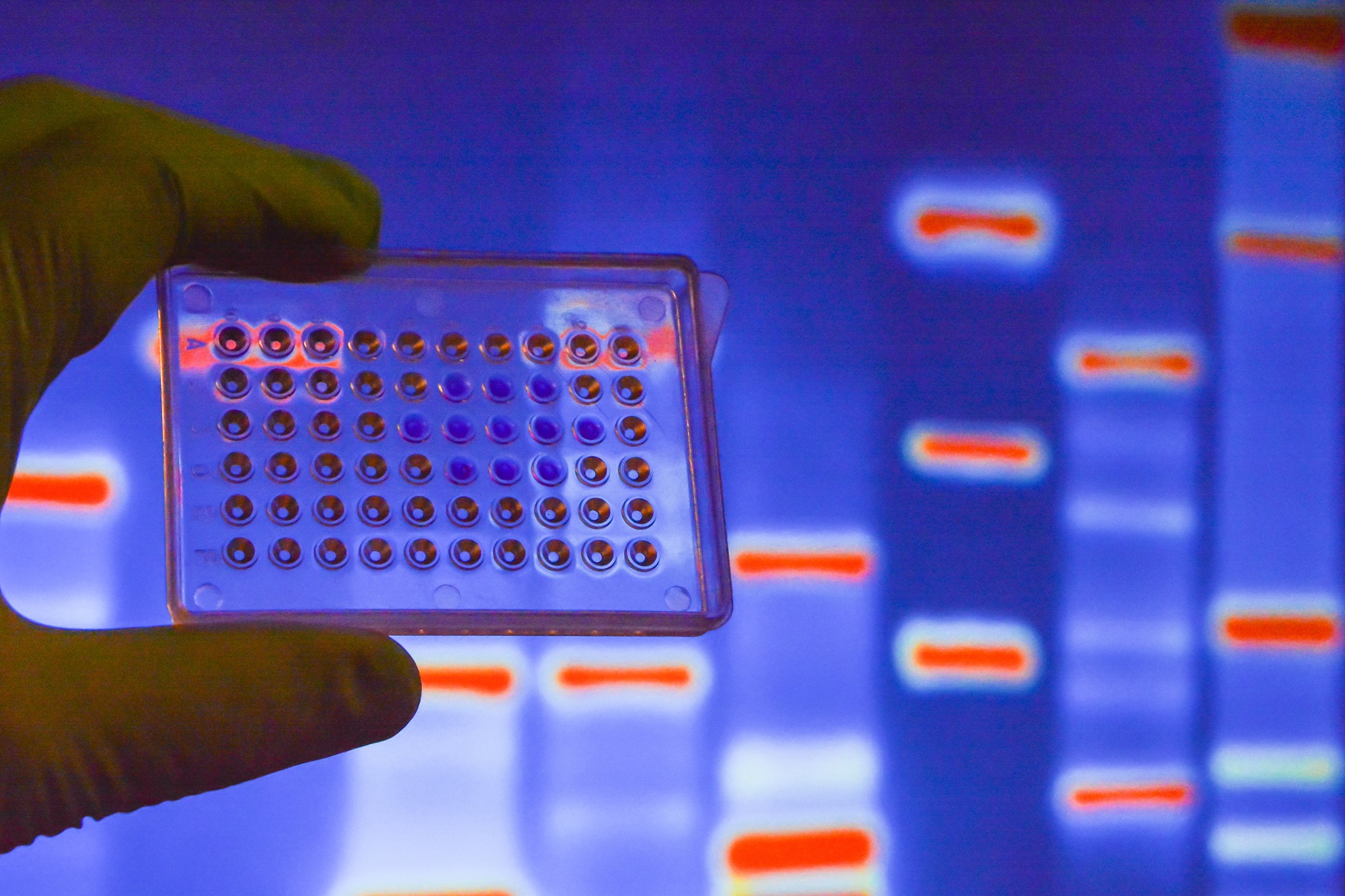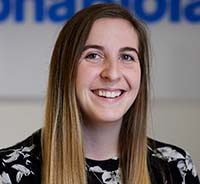
When we talk about DNA testing for legal matters, the first thought that probably comes to mind is paternity testing; a DNA relationship test most used to determine who a child’s biological father is in child maintenance or custody disputes.
But did you know that there are multiple ways that we can verify a biological relationship between family members, using DNA?
Whether you need to confirm a relationship for a custody dispute or are simply seeking DNA evidence for a client’s Visa or citizenship application, complex DNA relationship testing could hold the key to securing the best outcome for your client.
When is it useful to DNA test extended family?
There are several instances where it may be necessary to perform a relationship DNA test on extended family members for legal purposes.
Examples include:
- Where a parent is unavailable for paternity/maternity testing – this could be for a variety of reasons, including where the alleged mother or father has passed away. This is useful for child custody/maintenance matters, or if your client wants to change the name on a birth certificate.
- Inheritance disputes – where a father has passed away and there is a question of paternity, the son or daughter of the deceased might want a DNA test to prove paternity and make a claim against their father’s estate.
- Immigration applications – where an applicant has volunteered to submit DNA evidence in support of a Visa or citizenship application, confirming a relationship between family members.
No matter what the circumstances, it is important to remember that written consent (a signature) must be given by any person aged 16 or over whose DNA sample is being submitted for testing.
For a child under the age of 16, consent must be provided by an adult with parental responsibility for the child.
Complex relationship testing
There are several options for complex relationship tests to suit a range of needs, including:
- Grandparent testing – enables us to verify a relationship between a grandparent and a grandchild. Every person inherits half of their DNA from each of their parents, meaning that a grandchild will share DNA markers with their grandparents. This test is more likely to be conclusive if both grandparents from either the paternal or maternal side are tested, however it can also be performed with just one paternal or maternal grandparent.
- Sibling testing – allows us to establish whether one or more siblings have the same father or mother (or both). Full siblings usually have more DNA in common than half siblings, while half siblings normally share more DNA than unrelated persons.
- Aunt/uncle (avuncular) testing – useful when the alleged parent of the child is unable to provide a sample. However, the sample donor must be a full biological sibling of the alleged mother or father, as this helps increase the likelihood of a conclusive result.
All complex relationship DNA tests work in the same way – by analysing the DNA samples of individuals and comparing them to identify matching DNA markers (loci).
Each person inherits half of their genetic material from each of their parents, meaning that individuals who are biologically related are likely to share more DNA markers than individuals who are unrelated.
An AlphaBiolabs relationship DNA test analyses up to 42 DNA markers, for the most conclusive result.
To perform a complex relationship DNA test, cheek cell DNA is collected from each sample donor using buccal (cheek) swabs. The samples can then be analysed and compared in the laboratory to determine the likelihood of the individuals being related.
For a legal test, the DNA samples must be collected under strict chain of custody conditions, to ensure sample collection has been carried out correctly and samples have been obtained from the right people.
Once the DNA test has been performed; we can then make a biostatistical calculation to confirm the relationship between the tested individuals.
A score of 10+ is supportive, meaning that there is very strong evidence that a relationship does exist. A score of 0-0.1 would be classed as not supportive of a relationship and any calculation falling within 0.11-9.9 would be considered inconclusive.
If the result is inconclusive, it means that it is not possible to determine if a biological relationship exists between tested individuals.
Verifying a relationship
Where a biological parent is unavailable for DNA testing, or you need to verify relationships between family members for immigration purposes or inheritance disputes, complex relationship DNA tests can prove invaluable.
A UKAS-accredited provider of DNA testing, with extensive experience working with family law professionals and social workers, our results are court approved and accepted by family law courts, the Ministry of Justice, the Child Maintenance Service, UK Visas and Immigration (UKVI) and the Home Office.
Legal clients can claim 50 per cent off all AlphaBiolabs DNA tests until 30th April 2022 by quoting DNA50 when placing an order.
For expert advice on which DNA test is best for your client, call the AlphaBiolabs Customer Services team on 0330 600 1300 or email testing@alphabiolabs.com and a member of the legal sales team will be in touch.

Casey Randall
Head of DNA and Covid Testing at AlphaBiolabs
Casey heads up both the DNA and Covid-19 testing teams. An expert in DNA analysis and a member of the International Society for Forensic Genetics (ISFG), Casey holds an MSc with Distinction in DNA Profiling and a First-Class BSc with Honours in Forensic Science.
https://www.alphabiolabs.co.uk/











